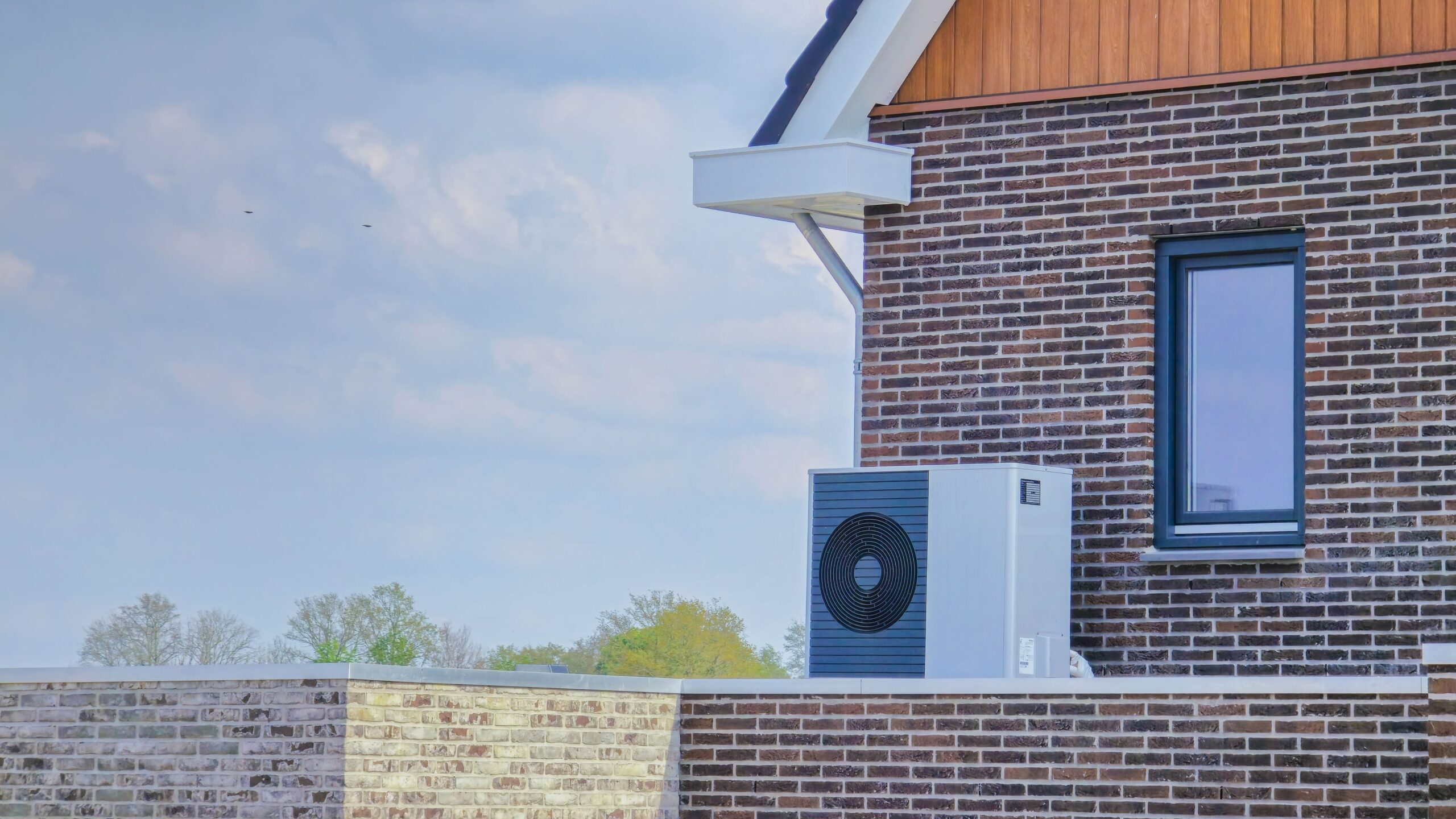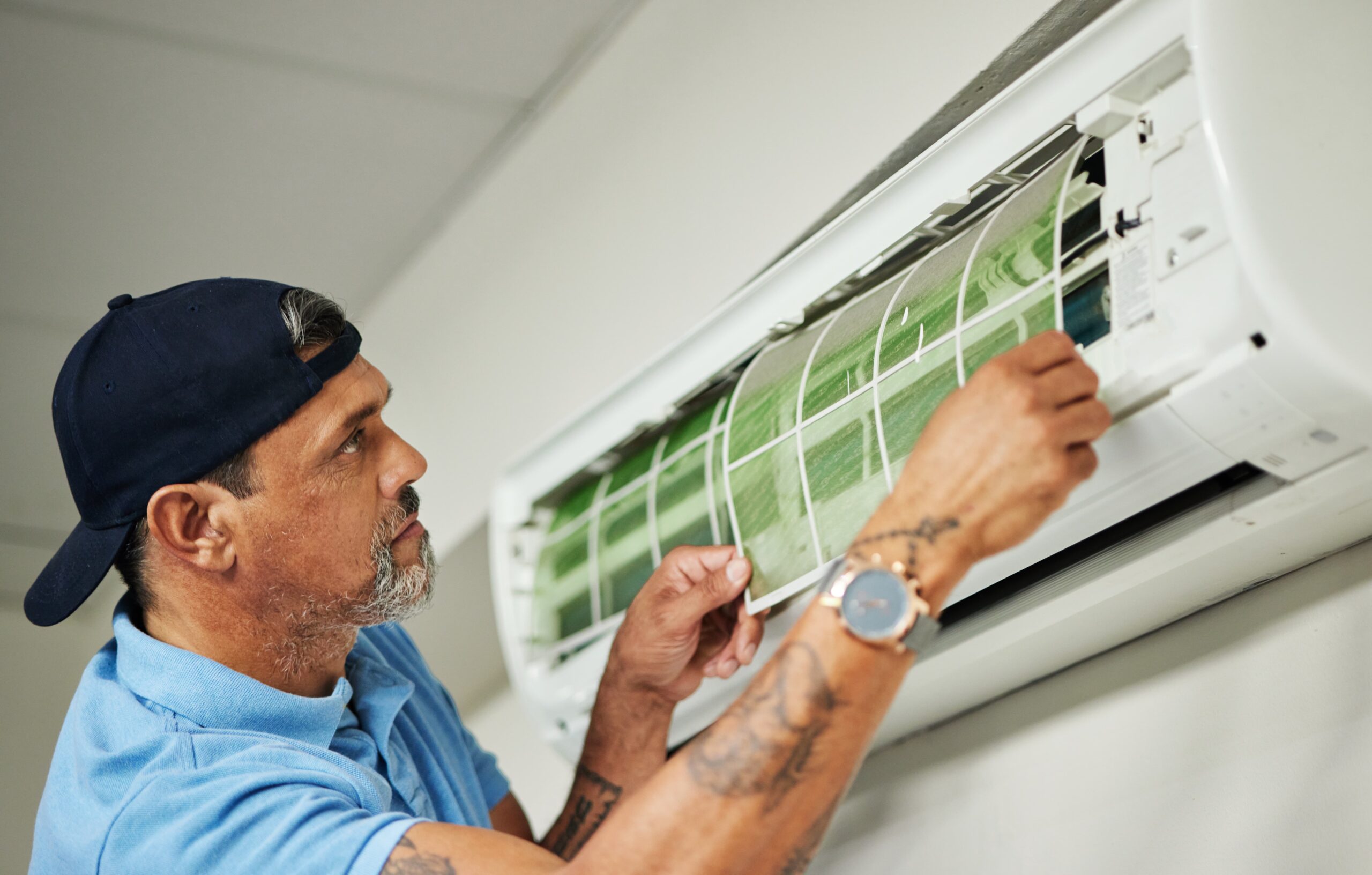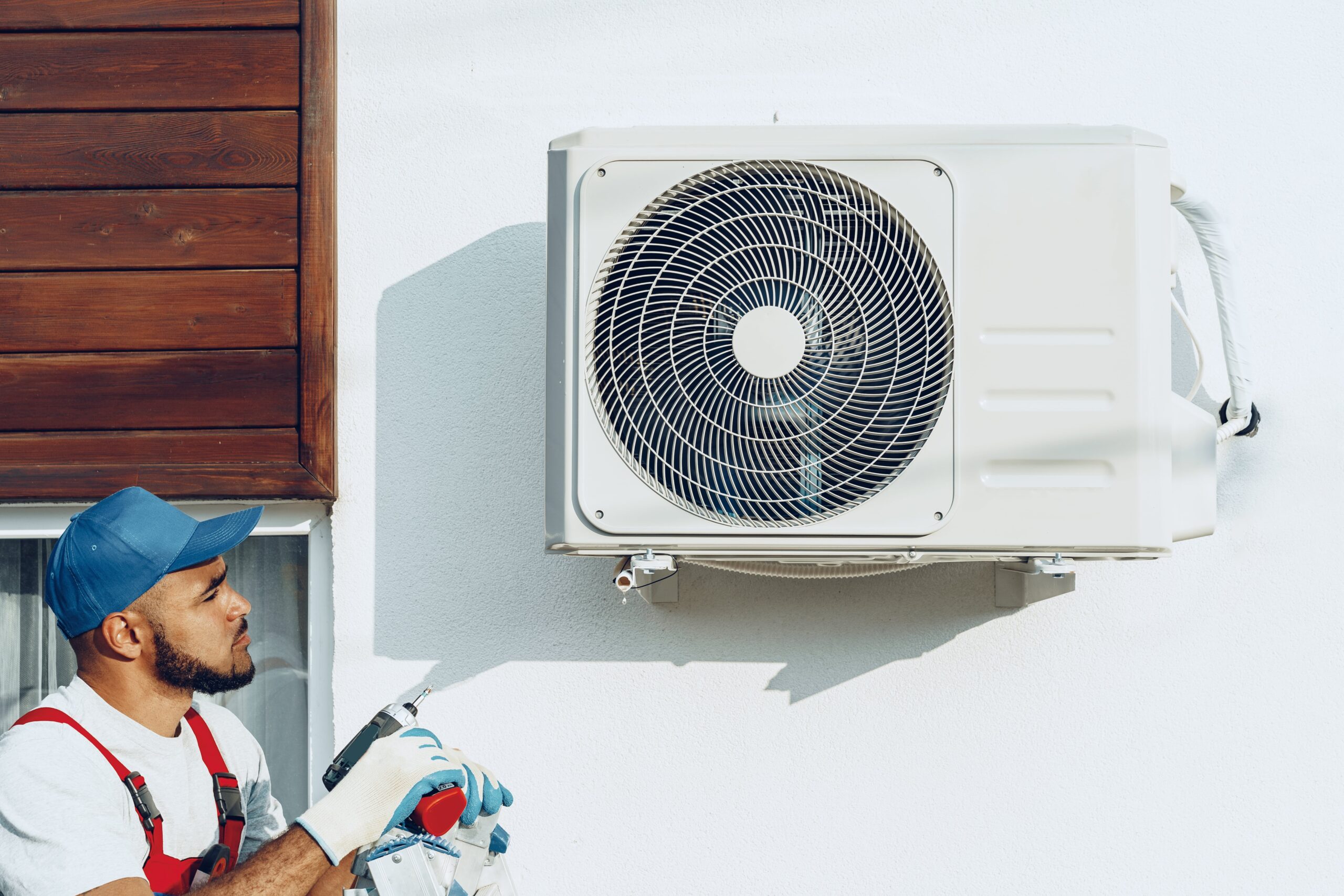When we discuss heating and cooling with our customers, one question we often hear is, “What can I expect when installing new equipment like a heat pump? Will it raise my energy bill?” It’s a common concern, especially for homeowners looking for an efficient way to maintain comfort without skyrocketing energy costs.
The good news is that while heat pumps require electricity to run, they are highly efficient and can, in many cases, help lower your home’s overall energy expenses.
Heat Pumps Rely On Electricity
Heat pumps operate differently than traditional heating systems like furnaces. Instead of creating heat, a heat pump works by ‘moving heat’ from inside to outside, or vice versa. In the winter, it pulls heat from the outside air (even when it’s cold) and exchanges it as heat inside your house.
When it gets hot outside, the heat pump’s role reverses. It exhausts hot air from inside your home outside.
But whatever the season, a heat pump keeps your home comfortable. It moves – or exchanges – heat instead of creating it, making your home more sustainable. No fossil fuels are required!
Will New Equipment Like A Heat Pump Raise My Energy Bill?
The short answer to “Will new equipment like a heat pump raise my energy bills?” is: “Not necessarily.” Many homeowners find that their overall energy expenses remain steady after switching to a heat pump. Here’s why:
- Energy Efficiency: Heat pumps are among the best ways to heat and cool your home. If you rely on electric baseboard heaters or an older furnace to heat your home, switching to a heat pump could significantly reduce electrical demands.
- Year-Round Comfort: A heat pump is a singular unit that handles home heating and cooling for all-season comfort. It doubles as both your air conditioner and your furnace.
- Modern Technology: Today’s heat pumps are advanced, offering innovative variable-speed technology that empowers homeowners to adjust output based on their preferences. Further, it can help avoid the constant on-and-off cycling that drives energy usage in traditional systems.
External Factors That Affect Your Energy Bill
While a heat pump is highly efficient, several external factors can make it work harder than it should. Here are a few:
- Insulation: Even the newest and best heating systems and heat pumps will struggle to maintain a steady, comfortable temperature in homes with poor insulation or drafty windows. Proper insulation and efficient windows help your heat pump work more effectively, so it doesn’t have to run as often.
- Climate: Heat pumps work efficiently in most climates. However, they may need extra electricity to extract heat from colder air during frigid winters. The good news is that, by design, modern heat pumps perform well even in freezing conditions.
- Your Previous System: If switching from a traditional HVAC, natural gas, or propane-powered system, installing a heat pump could increase your electric bill. However, the efficiency of a heat pump often makes up for this difference, and you may still save money overall, especially if your existing system is outdated or struggling to keep up with your household needs.
Why Invest in a New Heat Pump
Long-Term Savings
While you may notice an increase in your electric bill after installing a heat pump, there is a bigger picture you must consider! Even if your electricity bill increases slightly, you save in other areas, like needing oil or gas to fuel an alternative heating system.
Rebates and other incentives can help offset new equipment and installation costs, making the upgrade or new installation more affordable. In addition to these inducements to upgrade to a heat pump or other energy-efficient HVAC system, financing options for qualified homeowners provide a way to spread payments over time.
Westland HVAC + Plumbing Is Available To Help
At Westland HVAC + Plumbing, we understand that any decisions you make about upgrading or replacing your home’s existing heating and cooling system represent a significant investment, especially when you add in other considerations, like how it will impact your short-term and long-term budget.
With decades of experience serving the Westlake community, we’re here to provide expert advice and support every step of the way.
If you’re considering installing a heat pump but are wondering whether it is the right solution for your home or how it might impact your energy bill, Westland HVAC + Plumbing professionals are happy to assess your home and offer expert advice on the best heating solutions. Contact us today to start the conversation.




